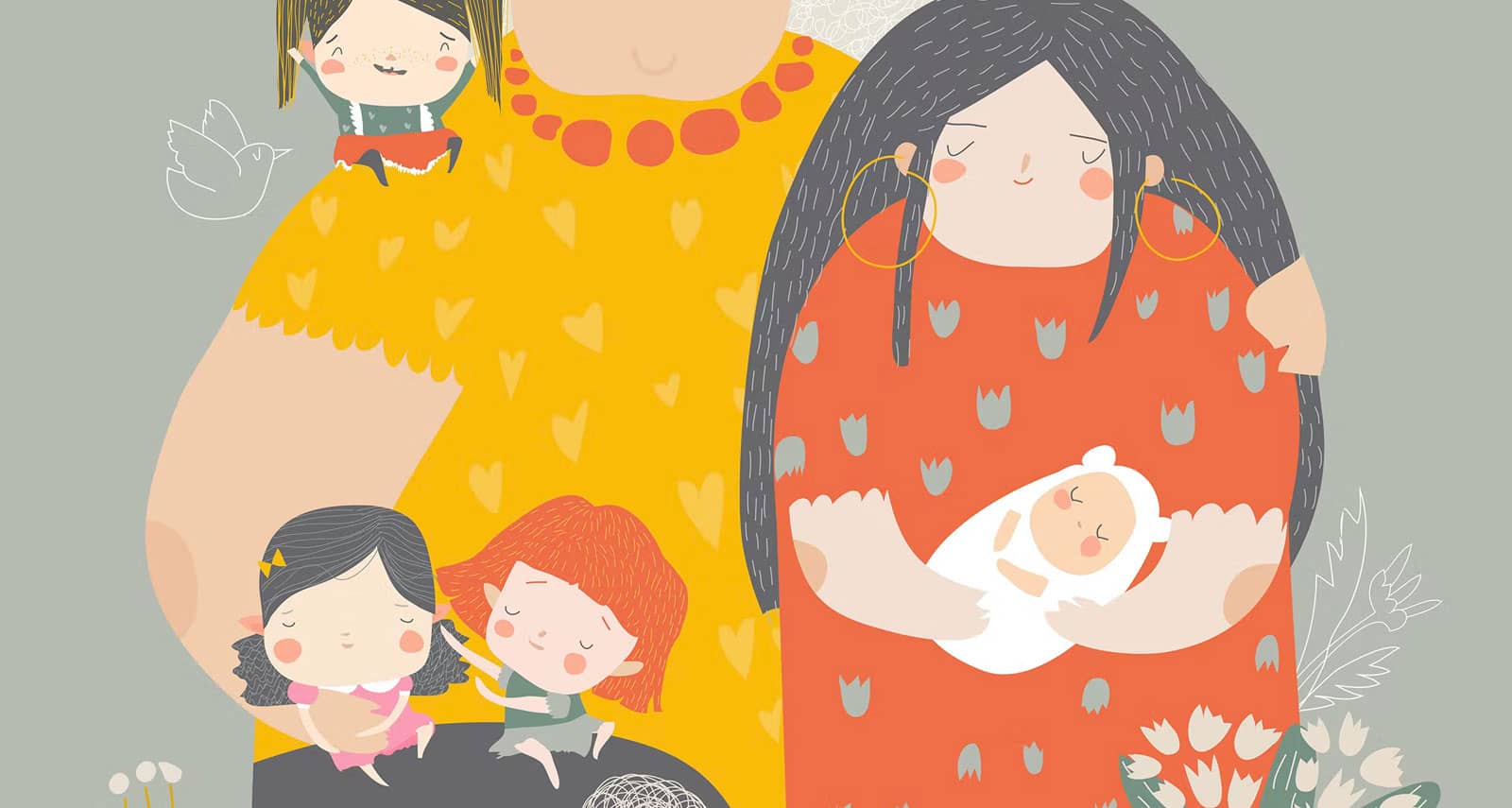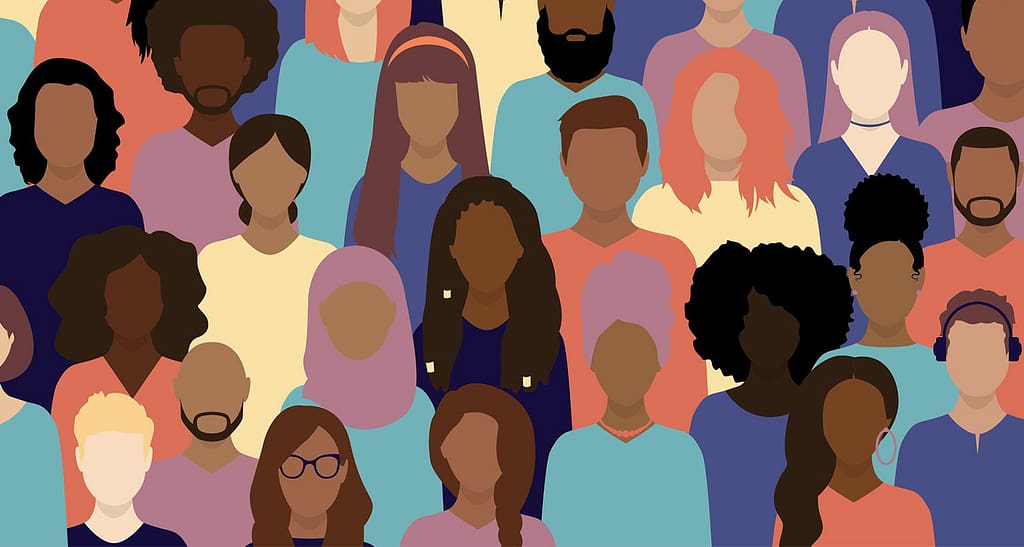
- Trevor Thomas
- October 1, 2021
Facebook
Twitter
WhatsApp
Telegram
Email
The Teenage Challenge
Looking back, I can see that, just like the Prodigal Son, I had an internal desire to experience life to the full; but I did not have the life experience to determine what was good for me.

What is it that happens to our children when they become adolescents?
The first time we hear Jesus speak, he is a 12-year-old adolescent. He questions his parents, referring to them as ‘’you’’ and speaks of himself as “I”, “me” and “my”. “Why did you seek me? Did you not know that I must be about my Father’s business?” (Luke 2:49, NKJV). How are we to understand this? Was Jesus being rude and disrespectful, or was he coming to terms with his own identity? The Apostle Paul says, ‘When I was a child, I spoke as a child, I understood as a child, I thought as a child; but when I became a man, I put away childish things’ (1 Corinthians 13:11, NKJV).
So, what is adolescence? Adolescence is God’s way of transforming a child into an adult. All adolescents, just like Jesus, begin to form their own identities. They begin to think about who they are, what they believe and what kind of person they want to become.
Before adolescence, the child gains their understanding of the world primarily from their parents. Their parents teach them how to behave socially, how to understand the world and the difference between right and wrong. But when they enter adolescence, God gives them the ability to think for themselves. They begin to compare what their parents have taught them against their own life experiences.
Jesus understood adolescence. He understood the internal desire of every adolescent to experience life to the full. Jesus told the story of the Prodigal Son, a young man who wanted to experience life to the full. So, he left home for the big city and indulged in pleasures to his heart’s content.
As I write this article, I am conscious of the fact that I am 58 years old, and that I wish I could be a teenager again. My teenage years were among the happiest of my life. I loved to think about all kinds of moral and ethical issues – care for the environment, abortion and pro-life, IVF treatment, human cloning, equality of races, gender, sexuality and disability. In my teenage years, I discovered girls and experienced both my shyness and my boldness. I recall the first girl I asked to dance with me at the end of year school disco; and how my heart leapt for joy as I held her in my arms. But I also recall drinking alcohol, smoking cigarettes and playing 3-card brag in the playground with the other boys.
Looking back, I can see that, just like the Prodigal Son, I had an internal desire to experience life to the full; but I did not have the life experience to determine what was good for me.
The wise man said, ‘Train up a child in the way he should go’ (Proverbs 22:6, NKJV). As a parent, it was both a challenge and a blessing for me to see my two sons go through adolescence. I did not want them to go through the difficulties or make the same mistakes I had.
There came a point when, just like Jesus, they questioned my decisions and asked me to explain my reasons and rationale. They spoke about themselves in the first person – ‘I’, ‘me’ and ‘my’.
When they were children, I could simply say ‘No!’, and that was the beginning, middle and end of the discussion. But when they became adolescents, I could no longer do that. I had to change my parenting style from ‘Thus says the Lord’ to ‘Come now and let us reason together.’
When Pastor Sam Davies asked me to write an article on ‘The Teenage Challenge’, I thought about the internet, the pornography, the sexting, the cyber-bullying, the immoral influence of complete strangers. I thought about the influence of the education system here in the UK that has normalised aspects of human relationships. I thought about youth culture, the music, the drugs and the sexual abandonment.
These are all massive challenges, but perhaps the biggest challenge facing our teenagers is that of their relationship with their parents.
Paul says, ‘For whatever things were written before were written for our learning’ (Romans 15:4, NKJV). The Bible is a book of stories, and Jesus was the greatest storyteller. Somehow, Jesus understood that people don’t like to be told what to think; so instead, Jesus told them stories and then allowed people to think about the meaning of those stories for themselves.
The Bible tells stories that cause us to think about all kinds of moral and ethical questions. Just think about the stories of Dinah, David and Bathsheba or Naboth. And what about the stories from our own life experiences! The values we hold today come as a result of the lessons we have learnt from the Bible in conjunction with our own life experiences.
It takes time to build a relationship with our adolescent teenagers – to accept and respect their individuality, to speak with them as a guide and mentor, a friend they can turn to for wise counsel and advice. It takes time, but what we gain in return is their trust, their respect, their willingness to listen and to consider what we have to say. It takes time, but what we gain in return is a loving relationship that comes from their individual choice.

How Should Christians be Different?
September 6, 2023

The Pastoral Caregiver – Bearer of Stories
September 6, 2023

What Takes to be Different?
September 6, 2023

The Beauty of Diversity Within the Body of Christ
September 6, 2023

The Butterfly, an Object Lesson of Transformation
September 6, 2023

Mitigating the Risks of Cultural Compromises
September 6, 2023

Embracing Christ-Centered Counterculture
September 6, 2023








